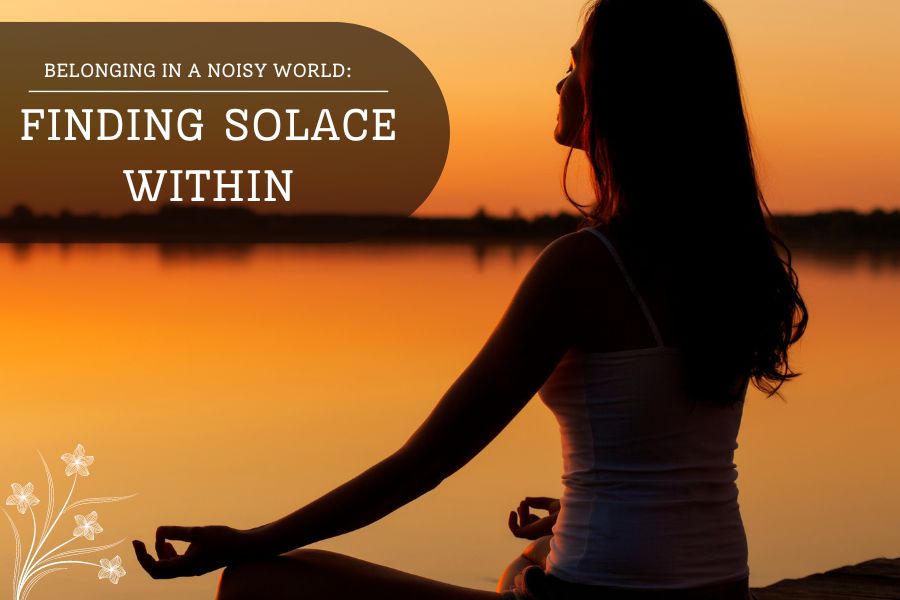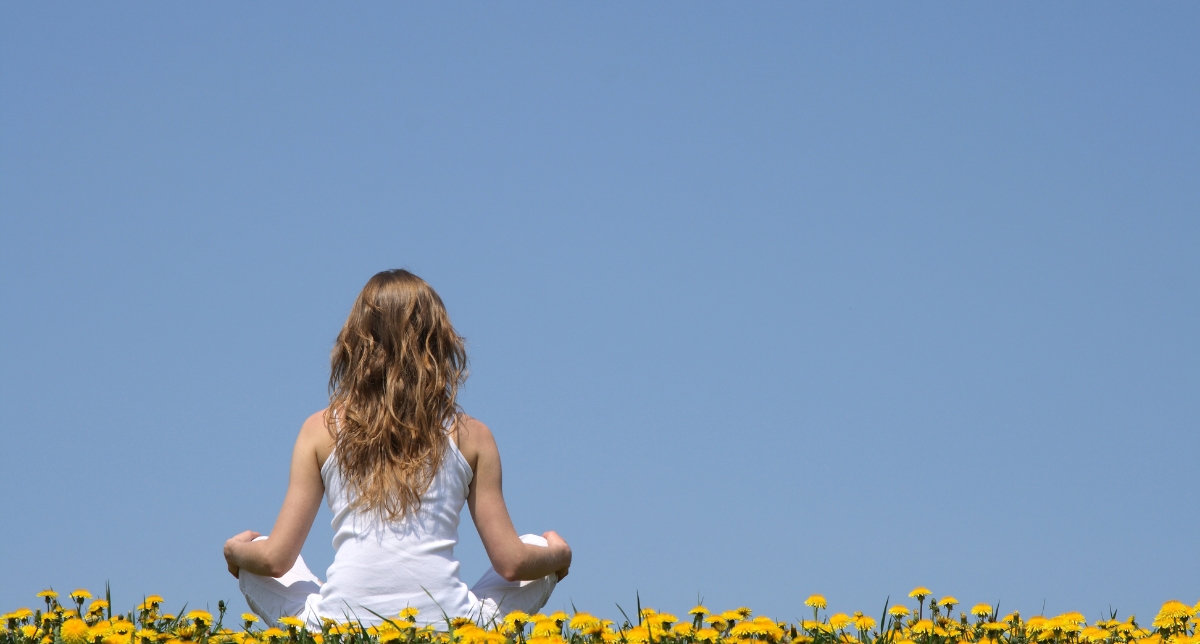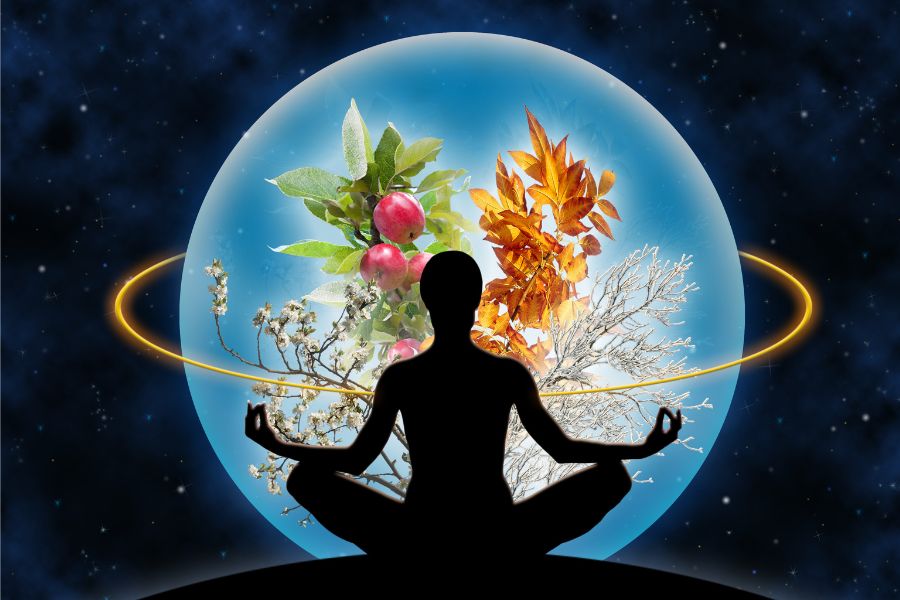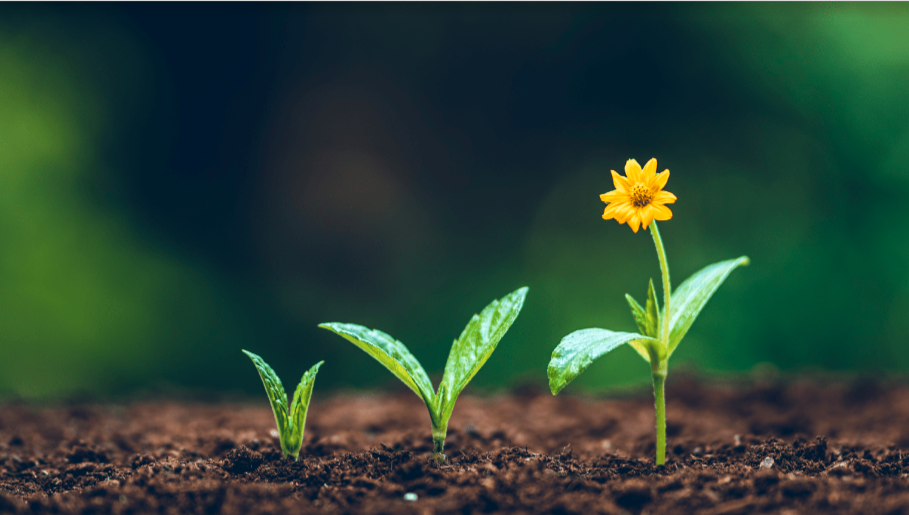Ever feel like you’re searching for a missing puzzle piece? You look high and low, convinced it’s out there somewhere. That’s what finding a sense of belonging can feel like sometimes. We search for it in friends, family, careers, and possessions. But what if I told you that the piece you’re desperately searching for is already within you?
Think of it like this: Imagine your mind is a radio, constantly attacked with signals. News, social media, opinions, desires. It’s a big scam! No wonder we feel lost and disconnected. This external noise makes us believe that belonging exists out there, somewhere beyond ourselves.
Belongingness refers to the human emotional need to be an accepted group member. Whether it’s family, friends, co-workers, or a community, people inherently desire to belong and be part of something greater than themselves.
In his “Theory of Human Motivation,” Abraham Maslow, a renowned psychologist, emphasized belonging as a fundamental need, placing it just after basic physiological needs like food, clothing, and shelter. However, the concept of belonging has evolved. Modern research recognizes that belonging isn’t limited to interpersonal connections alone.
It also involves a connection to place, power, and purpose. Belonging encompasses community connectedness, rootedness in a place, shared outcomes, and a sense of mission with others.
It’s like living in a house with the blinds drawn shut. We see the world clearly, but we’re only experiencing a filtered version of reality. The walls we’ve built, brick by brick, with our assumptions and misunderstandings, block out the true light of understanding. We forget that everything we experience—the joy of connection, the sting of fear, the warmth of love—all these feelings arise from within.
It somehow feels that the world is a movie playing out around us, and our mind is the projector. External events, like meeting new people or facing a difficult loss, are like scenes in the film. They happen, but our mind decides how those scenes make us feel. We might believe that being surrounded by people will automatically chase away loneliness, but that’s like rearranging the furniture in a dark room and expecting it to feel bright suddenly. While companionship can be wonderful, it’s an incomplete solution if we still need to address the root of the feeling within our minds.
To indeed find belonging, we need to turn on the inner light. When the room is dark, we must turn on the lamp inside the room, not the bulb at the entrance. It’s about understanding that lasting connection starts within ourselves. It’s easy to get caught up in the whirlwind of external activity, searching for belonging in crowded rooms and temporary encounters. But genuine connection requires us to turn down the volume of the outside world and tune into the quiet wisdom of our minds. Only then can we see, with the eyes of our inner selves, and discover the wellspring of belonging within each of us.
But true belonging isn’t about fitting in with the crowd or chasing external validation. It’s about connecting with the most authentic version of yourself. It’s about finding that quiet space within, a place of peace and understanding amidst the world’s chaos. It’s about finding your higher self and embracing it.
Here’s the good news: You can turn down the volume on all that external noise. You hold the dial! And the key is simple yet powerful: meditation.
Think of meditation as cleaning a mirror. Over time, dust and grime build-up, distorting the reflection. Our minds are similar. They become clouded with worries, judgments, and desires, preventing us from seeing ourselves. Meditation gently wipes away that dust, revealing the clear, radiant truth beneath.
When we meditate, we close our physical eyes and open the eyes of our minds. We begin to see that our experiences, both the joyful highs and the challenging lows, are ultimately created within. We realize that we can choose how we react, perceive, and ultimately experience the world around us.
Meditation is a practice that induces a state of deep relaxation by focusing attention inward. Research on its health benefits is promising. Meditation helps reduce stress by calming the sympathetic nervous system, responsible for the fight-or-flight response. Chronic stress can lead to various health issues, including anxiety, depression, and heart disease.
A research review published in JAMA Internal Medicine found meditation helpful for relieving anxiety, pain, and depression. For depression, meditation was about as effective as an antidepressant.
Imagine your thoughts and emotions like waves in the ocean. Meditation allows you to ride those waves, to observe their ebb and flow without being swept away by their intensity. Let us explore the different meditative techniques,
- Mindfulness Meditation: This form encourages objective focus on negative thoughts as they arise, leading to calm.
- Transcendental Meditation: In this technique, practitioners repeat a mantra to quiet their thoughts and achieve greater awareness.
- Heart-Centered Meditation: Quieting the mind and focusing awareness on the heart center can enhance overall well-being.
- Tai Chi and Qigong: These moving forms of meditation combine physical exercise with breathing and focus.
- Walking Meditation: Integrates body and mind awareness as you breathe in sync with your footsteps
Here are a few essential things to remember as you embark on this journey of inward exploration:
- Everything begins within. Just like a seed holds the potential for a mighty tree, within you lies the potential for profound peace and connection. Instead of seeking validation externally, turn your gaze inward.
- Your mind is a powerful creator. The stories we tell ourselves and the beliefs we hold shape our reality. By becoming aware of our thought patterns, we can cultivate thoughts that empower and uplift us.
- Quiet the noise through meditation and compassion. Meditation isn’t about silencing your mind completely. It’s about creating a space of stillness, of gentle observation. Approach your practice with patience and kindness, just as a dear friend would.
In summary, belonging is both a human need and a fundamental right, animating us to seek survival necessities. Antaha is always present to lend you some valuable help in this journey. We are on a mission to help all those battling loneliness and finding it hard to belong.
It’s not that you have these tools at your deposition; get up and start. It will take some time; after all, building an ocean from scratch is hard; we need to dig very deep, so be patient, gentle, and, most importantly, consistent.
Finding a sense of belonging in this noisy world might seem daunting. But remember, the most fulfilling journey you’ll ever take is the journey within. Listen to the whispers of your heart, embrace the stillness within, and discover the profound sense of belonging that awaits you there.

















